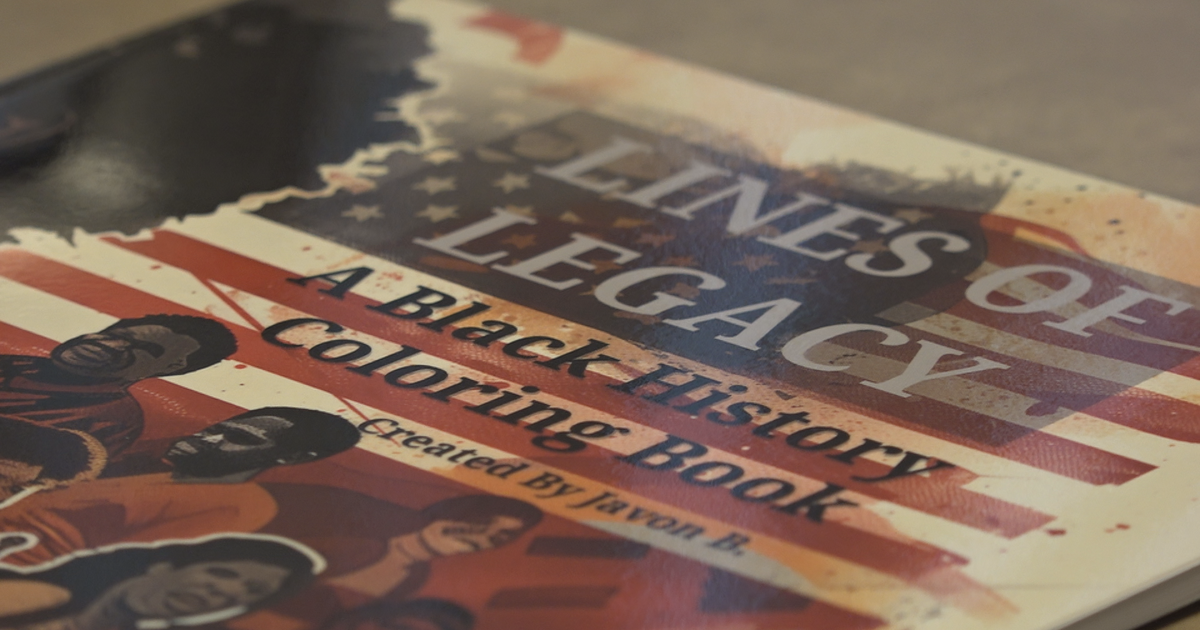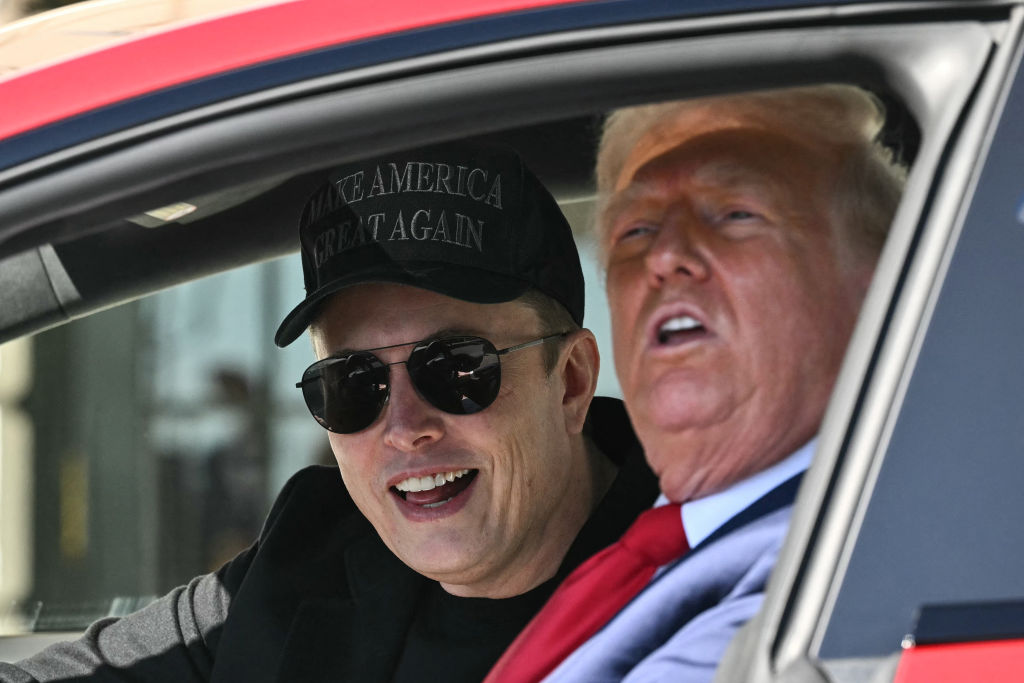Transcript: David Martin and Michael Morell on "Face the Nation," March 27, 2022
The following is a transcript of an interview with CBS News national security correspondent David Martin and former Acting CIA Director Michael Morell that aired Sunday, March 27, 2022, on "Face the Nation."
JOHN DICKERSON: For a detailed breakdown of where the fight in Ukraine stands at the moment and where it might go next we'd like to welcome CBS News national security correspondent David Martin and Michael Morell, former acting and deputy director of the CIA and a national security contributor here at CBS. Good morning to you both. Thank you for being here. David, I want to start with you. Where are we in this invasion at the end of this week?
CBS NEWS NATIONAL SECURITY CORRESPONDENT DAVID MARTIN: Well, we've heard what the Russian Ministry of Defense have said about prioritizing eastern Ukraine. You have to consider the source there, they haven't been a stellar source of truth. But on the ground, they are seeing some evidence that the units that the- the Russian units that were advancing on Kyiv have started to dig in to defensive positions, basically hunker down against all these Ukrainian counterattacks. And at the same time, there's an increased level of bombing in eastern Ukraine. Now, that does not mean that Vladimir Putin has given up on taking the capital of Kyiv. What I think it means is, they've got to find a battle plan that works. Their original battle plan of advancing on these multiple fronts, north, east and south just didn't work. So maybe they're going to try one front at a time here. But at the same time that they are supposedly prioritizing, they are also sending in reinforcements for the first time into Ukraine and they are keeping up this bombardment of the cities. Look, we- we began this war by overestimating the Russians. We shouldn't underestimate them now.
JOHN DICKERSON: Right, Mike, pick up on that. Stalled, maybe just to reload?
CBS NEWS NATIONAL SECURITY CONTRIBUTOR MICHAEL MORELL: So phase one for me was the blitzkrieg right to Kyiv and replacing the government with a puppet government and Ukraine becomes a vassal state. The Russians lost phase one. We are now in phase two, in my view. And phase two is digging in defensively, as David said, fortifying so that you protect yourself from these Ukrainian attacks.They're actually laying- the- the Russians are laying mines, which is a defensive maneuver. And they want to be in these fortifications so that they can lob their mortars and their rockets and their missiles at Ukrainian cities in an attempt to break the Ukrainian will, so- so that I think they can continue to advance. That's what they're trying to do now. And as David said, don't underestimate them, right?
JOHN DICKERSON: David, is there any reassessment from the Pentagon or even the Russians that the Ukrainians have put up more of a fight than they suggested? As you- as you mentioned, they're digging in because the Ukrainians have had these counteroffensive. Is there any way that the- that the NATO allies and others who are trying to help the Ukrainians can take advantage of this new position from the Russians?
CBS NEWS NATIONAL SECURITY CORRESPONDENT DAVID MARTIN: Well, to begin with, I think everybody underestimated both the will and the skill of the Ukrainians. They have taken these weapons, these anti-tank weapons, these antiaircraft weapons, and they are simply making better use of their systems than the Russians are making of theirs. They are outclassing them on the battlefield. But there's a second war going on here, which is the attacks on the cities, what Mike mentioned about trying to break the will of the Ukrainian people. And it's really- the outcome may well depend on- on which happens first, whether the Ukrainians force the Russians into a flat out stall on the battlefield, or whether these bombardments break the will of the Ukrainian people.
JOHN DICKERSON: So, Mike, what David is suggesting here is it's Vladimir Putin's pain threshold- how high is that? Or is it the survival instincts of the Ukrainians? So what- how long do you think this takes?
CBS NEWS NATIONAL SECURITY CONTRIBUTOR MICHAEL MORELL: So- so we should not underestimate the willingness of Russia to accept pain. Right? They've shown over their history that they are willing to accept a lot of pain to gain a victory. Right? The second Chechen war, the combat phase lasted ten months and then the insurgency phase lasted eight years. In Syria, their attacks on cities in Syria took a long time. So they're- they're willing to take the time here in a way that I don't think we understand in the West.
JOHN DICKERSON: So if they're willing to take a long time, give me a sense of some of the pressures that puts on this coalition that President Biden is trying to show.
CBS NEWS NATIONAL SECURITY CONTRIBUTOR MICHAEL MORELL: So everybody's facing pressure, right? So Putin's facing the pressure of economic pain at home. Long lines, empty shelves, looks like 1980s again in Moscow. He's facing the pain of dead soldiers coming home. Russian mothers don't like that. So that's his pain. The Ukrainian pain is- is the death and destruction of their country. The Western pain is the sanctions. They can't do business with Europe. You know, I talked to a lot of companies, both U.S. companies and foreign companies, and their question to me is, when- when are we going to be able to get back to doing business here? Right? So there's that pressure and then there's the pressure of the costs to consumers around the world in terms of wheat prices, in terms of energy prices, right? Everybody's facing pressure here.
JOHN DICKERSON: Which is why Biden's over there in Europe trying to keep things together. David, President Zelenskyy has asked for NATO help, for help from anybody. Planes, tanks. Is he going to get it?
CBS NEWS NATIONAL SECURITY CORRESPONDENT DAVID MARTIN: Well he's not going to get the planes in the short run. And that's a- just basically a risk reward calculation that NATO has made. They just don't believe the 20 Polish MiGs in an uncertain state of repair are going to change the tide of battles. So why run the risk of escalating if it's not going to make a difference. Right now, there are not dogfights going on over Ukraine. There are too many surface to air missiles for any plane to operate safely. The Russians aren't really coming into Ukrainian airspace. They're attacking with long range air launch cruise missiles from Russian territory and from Crimea. So the U.S. for now, is- is focused on these anti-tank and antiaircraft missiles, plus finding some high altitude anti-aircraft missiles, which the Ukrainians know how to operate. We could give them ours, but they don't know how to operate those.
JOHN DICKERSON: Mike, I want to ask you about President Biden's speech in which he said that Vladimir Putin cannot remain in power. He also framed this conflict as totalitarianism versus freedom. What did you make of those two remarks?
CBS NEWS NATIONAL SECURITY CONTRIBUTOR MICHAEL MORELL: So I think his comment that Putin had to go was an unforced error. It makes it- it strengthens Putin at home, makes it difficult for any domestic opposition to coalesce together. And no Russian citizen, none, wants to be told by the leader of Russia's main enemy about what their leadership can look like and not. The broader framing I worry about as well. I think we should frame this narrowly, Russia out of Ukraine and impose so much pain on this man that he never thinks about doing this again. I think framing it as democracy versus autocracy drives the Chinese closer to the Russians and makes it difficult for some of our own allies who are autocrats to stand with us.
JOHN DICKERSON: All right, we're going to have to end it there. Mike Morell, thanks so much. David Martin, thanks for being with us. We'll be back in a moment. Stay with us.



